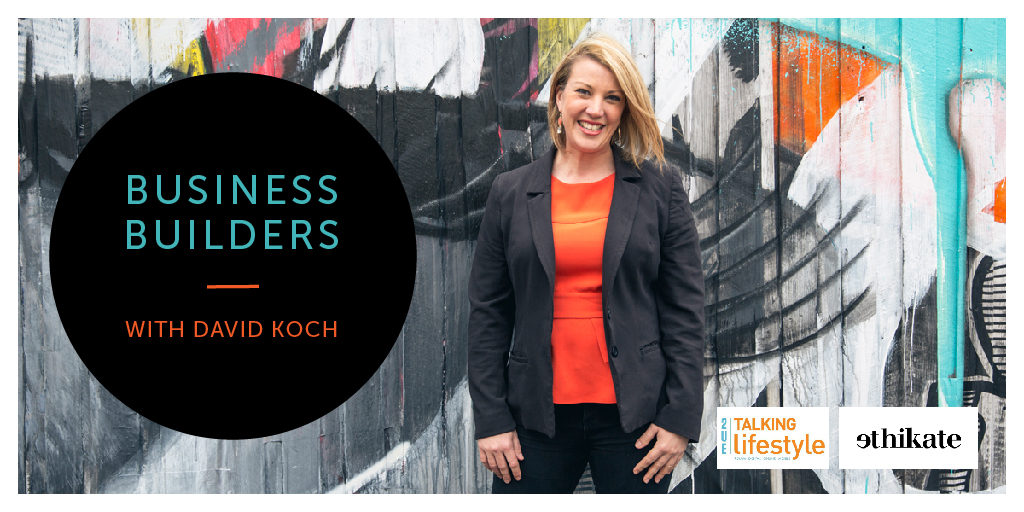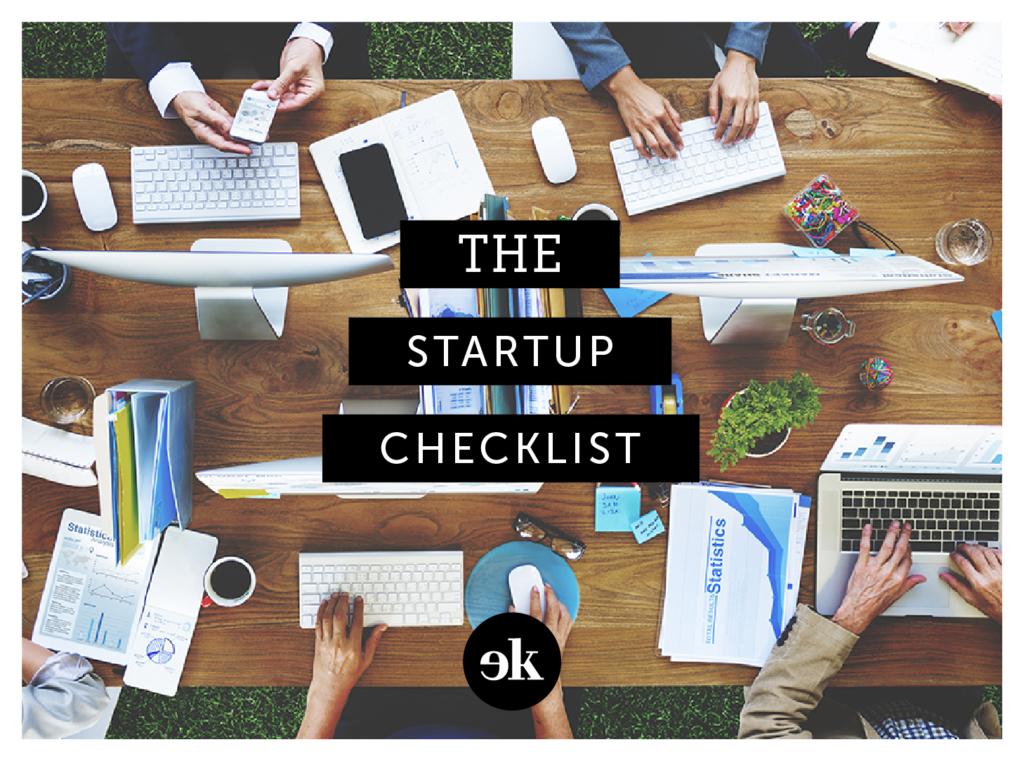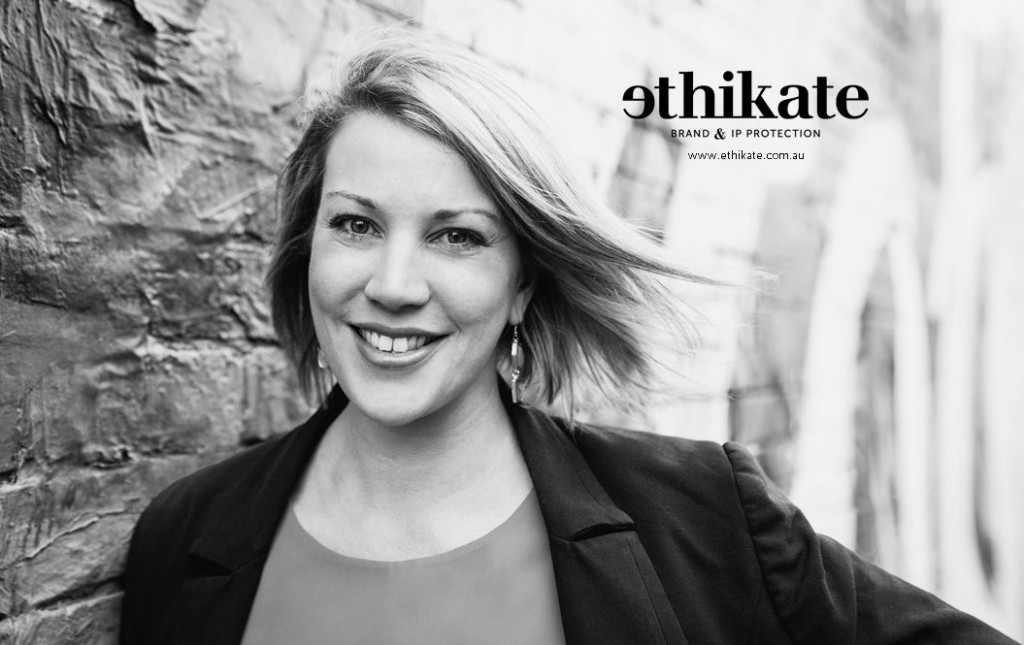
Ethikate’s Principal Lawyer and Trade Marks Attorney Kate Ritchie Explains Why Trade Mark Registration is Crucial for Small Businesses and Startups on 2UE Talking Lifestyle with David Koch.

The LIV awards program recognises law firms and individuals who advance the legal profession, contribute to the community, and demonstrate excellence in legal practice in Victoria. The winners were announced at a gala event on May 19, 2017.
The full list of finalists is available at the Law Institute of Victoria website.

No matter how organised and motivated you are, it is an inescapable fact that you are restricted by the number of workable hours in a day.
Spending two hours a day answering emails or one day a week preparing invoices for customers, may not be the best use of your time. So what’s the answer? Well, perhaps it’s time to consider outsourcing some of your workload to other people.
Thanks to the internet and the rise in popularity of cloud-based workrooms and storage systems that can be accessed from anywhere in the world, almost any task can now be outsourced. There are plenty of highly experienced freelancers registered online at outsourcing platforms such as UpWork, who are willing to work for reasonable rates and take some of the more time-consuming jobs associated with business administration off your hands.
However, as with everything, there are both pros and cons, which must be considered before deciding which elements of your business are suitable for outsourcing.
Before you start planning an outsourcing strategy for your business, you should think carefully about what positions you need to fill, and what kinds of jobs are typically outsourced.
It is worth considering that generally, you will have more control over full-time employees than contractors and freelancers because they are committed primarily to you and your business. With freelancers, you could end up competing for their time with other clients.
The biggest issue with taking on employees is that they become a fixed cost to your business and you may not be able to fully utilise them on a full-time basis, whereas when you outsource you can manage your expenses in real time and adjust terms in line with your needs in a way you can’t with permanent employees.
If you are considering outsourcing for your business, you will also need to make sure your insurance covers it. Check your professional liability insurance policy to ensure that as well as employees, independent contractors are covered for any claims arising from business-related activities they perform on your behalf.
Here are some of the outsourcing pros and cons:
Pros
Cons
About the Author: Kate Ritchie is a strategically focused Principal Lawyer and Trade Marks Attorney with both commercial and business services and legal experience. Kate has broad ranging competency in all aspects of legal services including intellectual property law, brand protection, commercial and business transactions, negotiation and alternative dispute resolution, internet law, privacy, competition and consumer law and sports law. Kate has worked with top-tier commercial law firms such as Clayton Utz and high profile companies such as Thiess Pty Ltd and Tatts Group. Kate founded Ethikate in 2014 with a passion for providing specialist advice and services in Intellectual Property Law, Trade Marks and Brand Protection Strategies, business and commercial law and entertainment and media law for startups, entrepreneurs and small to medium businesses.
Kate’s interview with Chloe James covered business success, the legal sector, “disruption for disruption’s sake”, startups and small businesses.
Check out the full interview below.

Are you starting 2017 by launching a startup?
There is so much to think about when starting a new business, including business structure, business names, trade marks, tax obligations and more.
Great news! Ethikate has compiled a handy startup checklist for you! Simply register your interest in the new online legal resource, The EK Lab and get your free checklist delivered straight to your inbox.
Register your interest in the EK Lab and receive your free startup checklist here.

With its many benefits as a manufacturing capital, China is notoriously one of the world’s infringement capitals, which is why it is crucial that business owners expanding there understand how to protect their Intellectual Property.
With its many benefits as a manufacturing capital, China is notoriously one of the world’s infringement capitals, which is why it is crucial that business owners expanding there understand how to protect their Intellectual Property.
I have just returned from China after visiting with a client and the trip reminded me of some of the key differences when it comes to IP protection between that country and Australia.
Most important are the differences in trade marking. Unlike Australia, China is a ‘first to register’ not a ‘first to use’ state. This means that even if you are the first to use a brand in China, unless it has been registered via the lodgement of a China trademark application, it is not protected. Therefore, anyone who is aware of your brand prior to its registration can obtain a trade mark and prevent you from using your product in China. This has caused headaches for well-known brands, including Tiffany & Co and Tesla.
Patent and design applications do not differ as significantly and the process is more comparable to Australia. In China, business owners have two patent options.
The first is an innovation patent that is equivalent to Australia’s standard patent and carries a term of 20 years. The second option is a utility or ‘mini’ patent, which carries a shorter term of 10 years. China’s utility patent option is somewhat comparable to Australia’s design registration system. It simply requires you to apply to register your design in China before you launch the product and the registration is valid for 10 years, the same as Australia.
Given counterfeit goods and cheap knock off products are commonplace, China is notorious for IP breaches and can be an extremely difficult country to do business in.
Ethikate offers a range of affordable packages specifically designed for startup founders and small businesses, including our $199 Initial Consult. If you have any questions about small business law, including Intellectual Property, Trade Marks and Brand Protection, feel free to get in touch. We’d love to hear from you!

By Kate Ritchie, Ethikate Principal Lawyer and Trade Marks Attorney
Falsely believing that legal documents are ‘standard’ and lured by lower prices and the immediacy of information, founders are unknowingly investing in extraneous documentation that is putting their business at risk.
Though generic, downloadable documents may appear to be a convenient and economical alternative to traditional legal advice, they are potentially harmful to businesses. Generic legal documentation may not be tailored to address a company’s specific needs and leaves business owners unaware of their liabilities and therefore open to possible litigation.
As the legalese in these documents can be difficult to decipher, it is not uncommon for information to be misunderstood and irrelevant material mistakenly selected by business owners. Use of contracts that fall under the wrong jurisdiction is a common problem. For example, a Melbourne based business using contracts and agreements with terms governed by the state of California. This makes it apparent that the information has been obtained from an unreliable source and leaves the company completely unprotected. Another error often made is the publication and use of policies that the business may not legally require, such as a privacy policy. It’s risky, as the business is unknowingly accepting unnecessary responsibilities and may be making false statements.
Simple and avoidable mistakes made due to misunderstanding information can create a myriad of issues for businesses from both a legal and reputational standpoint. These oversights undermine a company’s credibility and will not go unnoticed by sophisticated clients, irreparably damaging the positive reputation business owners work tirelessly to build. Additionally, costly litigation that may arise due to false claims or copyright infringements is financially and emotionally catastrophic and can destroy a business.
There is no one-size-fits-all legal documentation; every business requires tailored contracts and policies. Savvy business owners need comprehensive advice and documentation to enable them to mitigate these risks from the outset and protect their two most valuable assets; their intellectual property and their brand.
Ethikate offers a range of affordable packages specifically designed for startup founders and small businesses, including our $199 Initial Consult package. If you have any questions about small business law, including Intellectual Property, Trade Marks and Brand Protection, feel free to get in touch. We’d love to hear from you!
About the Author: Kate Ritchie is a strategically focused Principal Lawyer and Trade Marks Attorney with both commercial and business services and legal experience. Kate has broad ranging competency in all aspects of legal services including intellectual property law, brand protection, commercial and business transactions, negotiation and alternative dispute resolution, internet law, privacy, competition and consumer law and sports law. Kate has worked with top-tier commercial law firms such as Clayton Utz and high profile companies such as Thiess Pty Ltd and Tatts Group. Kate founded Ethikate in 2014 with a passion for providing specialist advice and services in Intellectual Property Law, Trade Marks and Brand Protection Strategies, business and commercial law and entertainment and media law for startups, entrepreneurs and small to medium businesses.
 You want to have as much information as possible before you speak to a professional. Or maybe you feel totally unsure and want to know a little bit more about brand protection and the trade mark registration process.
You want to have as much information as possible before you speak to a professional. Or maybe you feel totally unsure and want to know a little bit more about brand protection and the trade mark registration process.
We get it. Knowledge is power and we are all about empowering our entrepreneurial clients. So to help you out, we’ve put together a list of the most commonly asked questions about brand protection and trade marks.

Now, I don’t purport to know all there is about life, love, success and business or even more than a fraction of any of these things. Who knows? Some of these tools might even work…maybe. What I am confident to say is that there is no such thing as a ‘quick fix’ that equals lasting success. Though, it’s not about working hard and following the rules either.
The latest and greatest in money making schemes, sales and marketing tactics and cheap internet ‘experts’ can be very enticing and we’ve all considered these things or even had a taste here and there. Sometimes they are super cheap or just sound like they are relative to the potential earnings and instant results we are promised. Seems like the best investment a business owner could make…right? Right???
I once heard a saying many years ago from a colleague and it still rings true for me today…
So, you might be in start up phase and trying to keep things lean, or maybe you’ve been operating for a while now but feel like your chasing your tail – you want to grow but you don’t have the capital to expand…but you need to expand so you can be more profitable. Argh!!! Either way, you feel overwhelmed in your business and probably also quite vulnerable.
What you need is not a quick fix or a promise of cheap, quick and AMAZING. What you need is a trusted advisor. In fact you need a whole board of trusted advisors. Professionals who have expertise, experience, relevant qualifications and, most importantly, ethical obligations to act in the best interests of their clients, you. Equally importantly, these advisors need to be the right fit for your business. That means, they understand who you are, what you are doing and why you are doing it. Plus, you need to feel comfortable talking to these advisors and to respect what they do and what they can offer to your business. If you are really lucky and find the rights ones, these advisors should take a holistic and collaborative approach to supporting you, guiding you, mentoring you.
So, who should be on your board? Well, it will be slightly different for each business. But to give you an idea here’s an example of a foundational board of 7 advisors that can really make a difference not only when starting out but during the course of your business.
If you choose your board wisely they will not be cheap and often the results will not be immediate. But what a good board will do is become the backbone of your business. They will help you to develop solid, long term strategies for your business. Then, once you have created the right strategies go knock yourself out hiring people with the tools to help you implement them. But don’t do it the other around or ‘ad hoc’ as I like to say. This is only go to cost you more in the long run, cause you more headaches and leave you scrounging for spare cash to afford the people you should have hired in the first place.
Before I sign off, I know what some of you are probably thinking – how do I find these people? Okay, here’s a few tips to help you get started:


Ethikate is a boutique Australian law firm and trade marks attorney practice helping SMEs protect their brand and intellectual property. { More }
"Kate’s passion for IP has been present from when she started as a student to today where she is a diligent and commercially astute legal mind. When I had an IP issue I called Kate and she provided me with pragmatic advice which helped me make a more informed decision for my business. I would […]"
Usman Bhatti, National Talent & Engagement Manager, Countplus Limited (ASX: CUP)